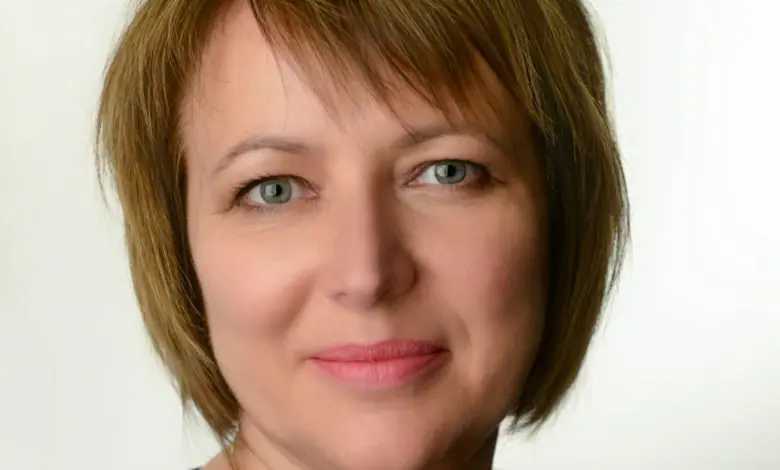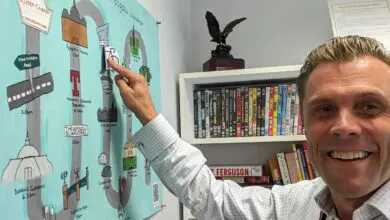BusinessLatest News
The funeral market: state of play in 2022
With stigmas around grief and funerals perpetuating throughout society, Suzanne Grahame, CEO of Golden Charter, made the inevitable career change to the funeral industry to be part of something that has a ‘wider benefit to society’. From the law sector to the funeral industry, Grahame explains her career change, trends within the funeral market, and how Golden Charter is combating the challenges faced by funeral directors.

You'll need to
subscribe to unlock this content. Already subscribed? Login?



